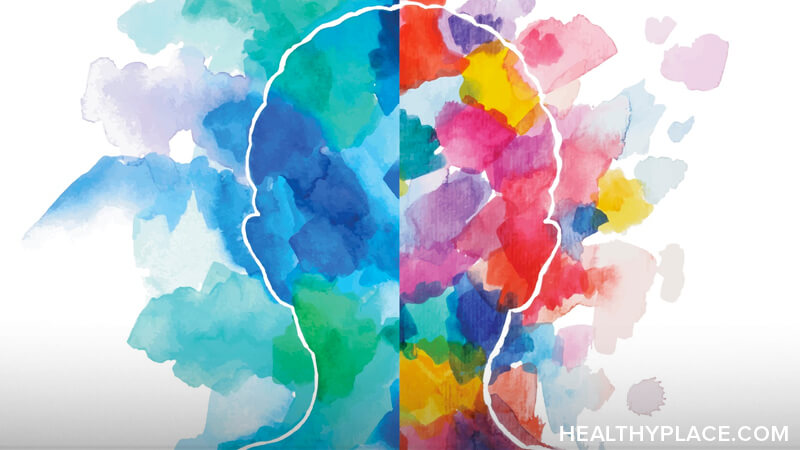
"Don’t equate physical distance with emotional distance”.
This was a snippet of advice from a webinar I recently attended around supporting the mental health and wellbeing of researchers – something which has received more attention in light of the pandemic.
It refers to the fact that the emotional impact of conducting research virtually is still very much present even when you are not physically with your participants.
A report from NCRM around this area also touches on what has now come to be seen as the outdated idea within academia that researchers should be ‘emotionally distanced’ from participants.
Some argue that research practice should include an emotional response, and that researchers need a sense of collective wellbeing where we are all connected, dependent on, and responsible to each other as colleagues. I think many of us can relate to that, and also feel it’s necessary to create some kind of connection in order to build trust and an environment in which participants feel safe to share personal insights with us.
Over the last year or so our team has carried out research around Covid-19, mental health, financial struggles, women’s safety and domestic abuse among other things. This has involved virtual interviews and focus groups which touch on some hard-hitting subjects, where participants may feel a need to ‘offload’ in talking about past traumas and difficult periods they have experienced.
This can leave us as researchers often dwelling on those conversations long after they have taken place, and possibly experiencing a range of emotions as a result of what we hear. As mentioned in the webinar “you’ve not done real research until someone breaks down on you.”
My colleague and I have noticed that for our research with domestic abuse survivors in particular, when you’re immersed in this subject it has a tendency to ‘take over’. We start to spot the issues everywhere – when we’re out in the supermarket, when friends tell us about something their boyfriend has said which is questionable at best, and we keep up a steady stream of WhatsApp messages exchanging one horrific news story after another.
Perhaps not the healthiest of behaviours, but indicative of us getting passionate about the subject and observing it from all angles, as well as keeping up to date with any wider issues which might be relevant to our research.
So how can we make sure that we are also taking care of ourselves while immersed in this type of research?
One thing that we try to do is have a debrief after interviews and just generally chat through what came up. As well as being a good way to process everything, it helps from a research perspective to identify the key themes and avoid getting ‘overwhelmed’ as the project goes on, and pick up on any potential risks to our participants.
But we are definitely guilty of not always doing this and having to jump from an interview where someone might have just told us about the years of abuse they experienced and the lasting impacts of this, straight into a meeting about a completely different project. Needless to say it can sometimes be difficult to give sufficient focus and attention while thinking ‘what on earth did I just hear?’.
I asked some colleagues what things they find helpful in supporting wellbeing. Communication and teamwork was pretty key, including debriefs, quick chats, and WhatsApp groups for out of hours contact when needed. Another suggestion was to agree beforehand how to deal with comments or stories from participants which might be a concern, so that you feel confident in how to tackle this and it doesn’t become a worry.
Pacing yourself, and taking time to switch off, relax and recharge was also suggested, along with the age old advice of getting enough sleep. Maybe easier said than done (I hold deep resentment for people who can fall asleep as soon as their head hits the pillow…) but switching off work notifications and mentally ‘logging off’ at a reasonable hour would be a start.
Basically, don’t exhaust yourself, try to recognise when you might be getting burnt out, build in time for reflection with colleagues, and reach out when you need to talk.
If you have any top tips of your own, we’d love to hear from you in the comments below.